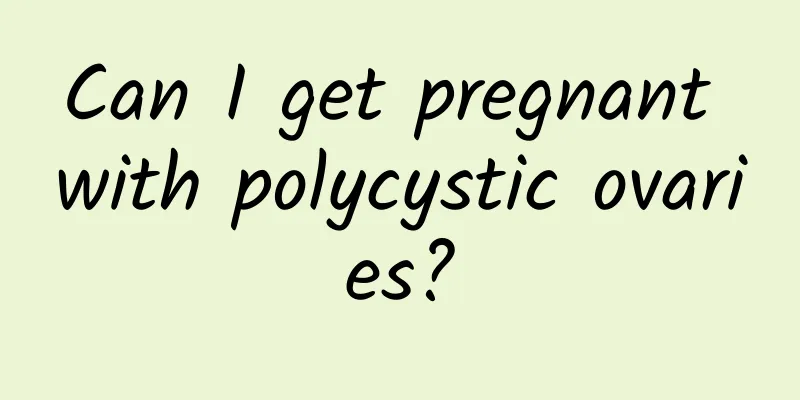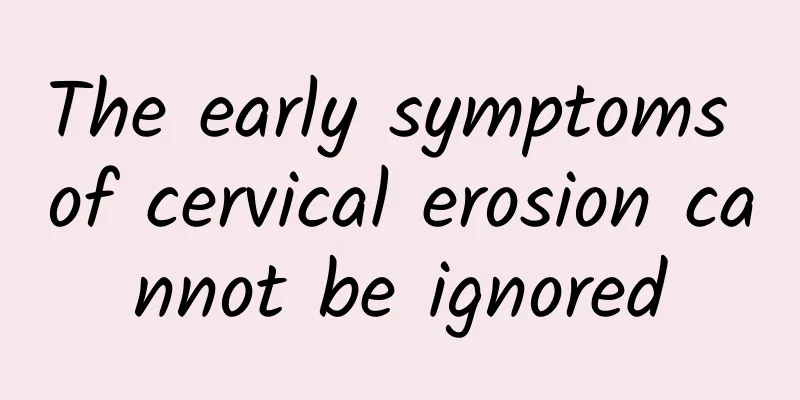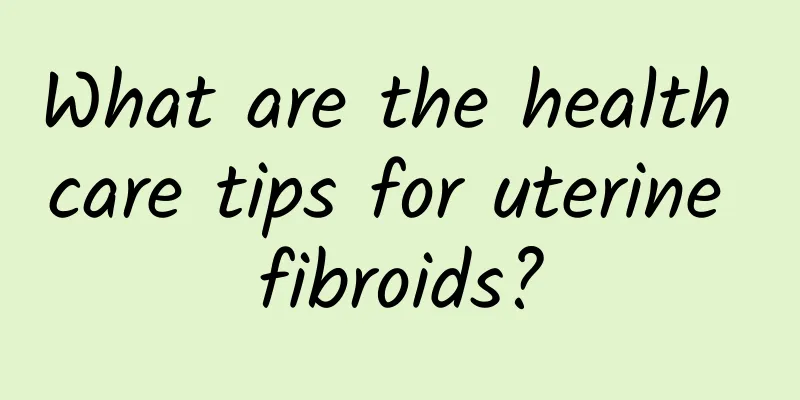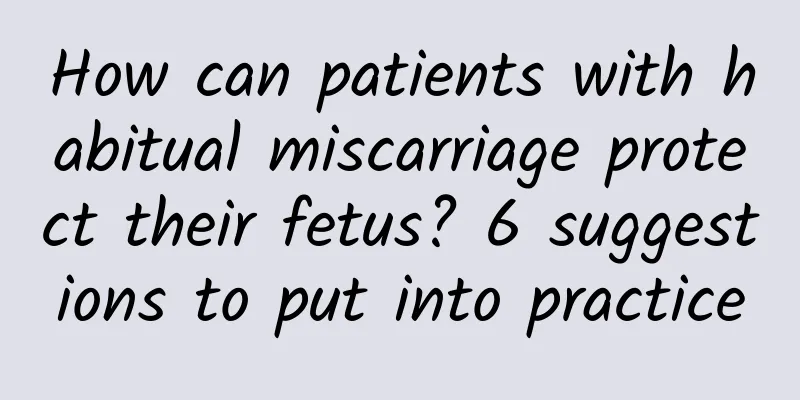Can I get pregnant with polycystic ovaries?

|
We know that the ovaries are responsible for ovulation. If there is a problem with the ovaries, a woman's road to pregnancy may be blocked. Polycystic ovaries are a common reason why women have difficulty successfully conceiving. So, can polycystic ovaries make it possible to get pregnant? What are the dangers of polycystic ovary? Although polycystic ovary seems to be nothing at first glance, a few "sparks" from time to time are not so good for most patients. The following summarizes the harm of polycystic ovary, which may represent the voice of many women: 1. Affecting reproductive function. As one of the most important reproductive organs of women, if the ovaries are diseased, the reproductive function will definitely be greatly affected. The transmission of the next generation is a woman's sacred mission. Losing the opportunity to be a mother is a huge blow to any woman, so it may also be the most serious harm to polycystic ovaries. 2. Affecting normal living conditions. Irregular menstruation can bring a lot of trouble to female friends. From time to time, they may suffer from back pain, abdominal distension, mental depression, or endure continuous dripping in the lower body, which has a great impact on their state of the day. 3. Affects the beautiful face. Imagine if a female friend's delicate face is crawling with traces of tinea, acne, stains, etc. If polycystic ovary comes to your door, all these things will follow one after another. It is really difficult to have a beautiful face again. 4. Malignant complications, such as tumors, polyps, etc. 5. The risk of developing other diseases will also increase. For example, the incidence of leukemia, breast cancer, myocardial infarction, etc. will increase significantly. Can I get pregnant with polycystic ovaries? Patients with polycystic ovary with poor ovulation function generally have difficulty getting pregnant. But everything is not absolute. If you happen to ovulate an egg and happen to have sex with your spouse, you may get pregnant by chance, but the probability is very low and it is almost impossible to get pregnant. Although polycystic ovary cannot be completely cured, it is no longer a complication. Modern medicine can control the disease and enable women with the disease to conceive successfully. The earlier the treatment, the better the effect. However, it is recommended that women do not give birth immediately after being diagnosed with polycystic ovary. Instead, they should give priority to treatment and make pregnancy plans after the doctor says that pregnancy is possible, otherwise it may affect the quality of the fetus. |
<<: How is Polycystic Ovary Syndrome Diagnosed?
>>: What to eat to restore ovarian function
Recommend
What medicine should elderly people take for uterine fibroids? What is the best way to treat uterine fibroids in the elderly?
What medicine should elderly people take for uter...
The root cause of the recurrence of endometrial thickening
Every woman dreams of becoming a mother, but thic...
What is missed abortion? Let's take a look at it below
Missed abortion, also known as missed abortion or...
Is right ovarian cyst torsion serious? What tests should be done to diagnose ovarian cysts?
Is right ovarian cyst torsion serious? What tests...
Experts briefly analyze the three common misunderstandings about dysmenorrhea
In real life, many female friends have a wrong un...
Ovulation bleeding red urine
Ovulation bleeding that causes red urine may be m...
Losing weight and dieting, menstruation has stopped ~ Wu Mingzhu: Qi deficiency and phlegm dampness type obesity is easy to occur, Siwu Decoction is used for conditioning
In order to lose weight, people will try every po...
What are the common causes of dysmenorrhea?
In real life, there are many female friends who s...
What are some ways to prevent dysmenorrhea in daily life?
What are the ways to prevent dysmenorrhea in dail...
How to prevent the occurrence of endometrial thickening disease
Nowadays, diseases in life are really hard to pre...
Diagnostic criteria for female pelvic peritonitis
Pelvic peritonitis is a common disease among wome...
What are the common symptoms of irregular menstruation?
Irregular menstruation is a common disease among ...
What does an egg-sized uterine fibroid look like? Does an egg-sized uterine fibroid require uterine removal?
What does an egg-sized uterine fibroid look like?...
What supplements are effective for functional uterine bleeding?
Functional uterine bleeding can be improved by su...
What are the examination methods for cervical warts?
When people find cervical warts in the early stag...









